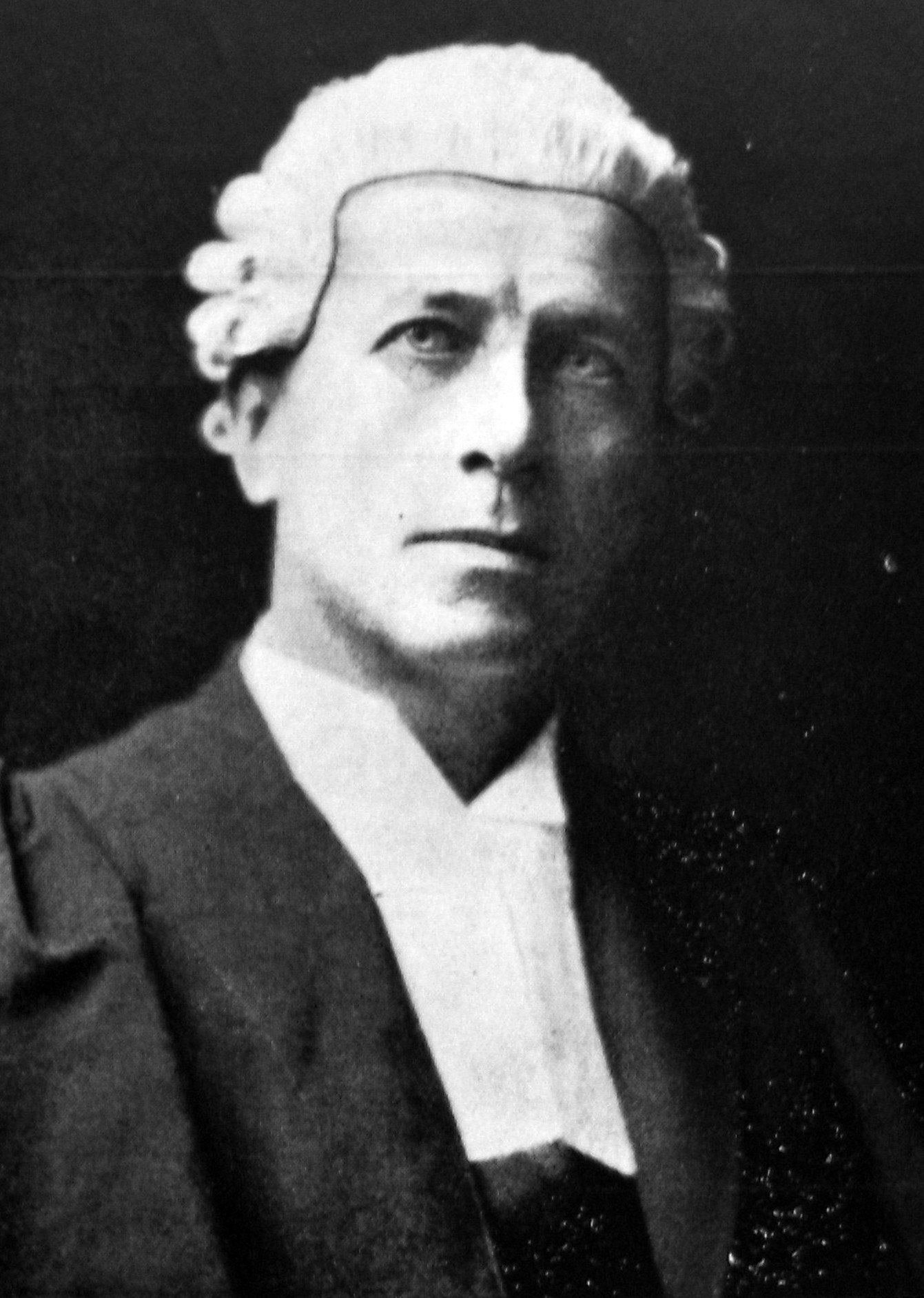

Mr Justice Reed asked: "How is the quality of flour affected?’’
Mr Fair: "My point is that the bakers say that if they all get the same quality of flour and there is competition, prices will be less.’’
Mr Skerrett: "The evidence is that under free competition the cutting of bread prices by bakers would result in leaving out of the bread an improver such as milk, malt extracts, and syrups, giving the public a loaf of flour and water.’’
Mr Fair: "We may say that under free competition the quality of the bread would be improved. The bakers would be out to make better bread than their competitors in business. It is suggested that the combine was beneficial to wheat-growers. There is nothing in the documents to show this. The monopoly was prepared to pay £1500 per annum to keep a mill closed. This was a mill belonging to Wilkie and Co, of Mosgiel, who refused to join the combine unless given an output considerably in excess of their three years’ previous average trade.’’
Ordeal for seafarers
Heavy gales and high seas were encountered by the tramp steamer Hollinside on her recent voyage from Bunbury to Dunedin.
The vessel arrived on Tuesday with 2,000,000 feet of hardwood. The Hollinside cleared the West Australian port at 8pm on July 6. The first day at sea was marked by moderate weather, but squally conditions on the following day indicated that the steamer would have a rough time across the South Australian Bight.
By midnight on July 3 the ship was battling a strong gale. Heavy seas flooded her decks, but no damage was done. The gale continued until the evening of July 9, after which the conditions became more favourable.
For 10 days the Hollinside steamed at her usual speed, but on the evening of July 19 she ran into a north-west gale, accompanied by heavy seas. The vessel’s decks were again flooded almost continually.
The gale abated early on July 20, and the remainder of the voyage was marked by moderate winds and seas. When the Hollinside was steaming up the coast on Monday afternoon the boatswain, J. McGreevy, fell down the starboard bunker, a distance of 18ft, and sustained severe body bruises. He was working in the ’tween decks at the time. He was attended by Captain Brown, who did all that was possible for the sufferer.
When the steamer anchored in the lower harbour at mid-day on Tuesday the injured man was examined by the port health officer, who found that while he was badly shaken and bruised, no bones were broken. Yesterday afternoon McGreevy complained of his injuries, and received medical attention.
Wood, concrete poles apart
Concrete telegraph poles have been in use in some parts of New Zealand for 15 years, and a good deal of interest in this type of structure has been manifested by various electric power boards. However, in spite of an inclination on the part of some boards to adopt this type of pole, the opinion of most engineers is decidedly against it. Although concrete is able to withstand extraordinary compression, its brittleness does not render it nearly as suitable for poles where the pull of the wires induces a lateral tension. Not only is the concrete pole at present more costly than jarrah, but the costs connected with the carriage and placing it into position are considerably greater. Initial costs are increased by a substantial percentage of breakages. Concrete poles are more expensive than those of wood and are more costly to erect. — ODT, 23.7.1925
Compiled by Peter Dowden











